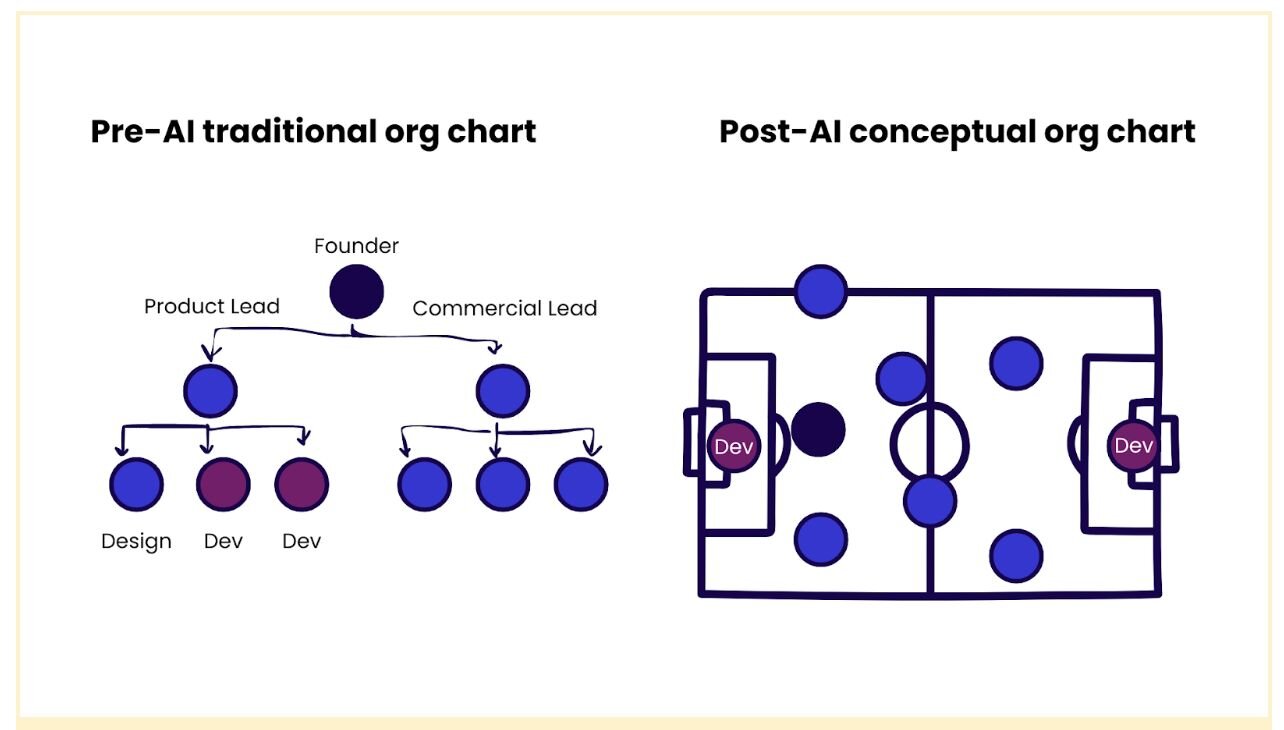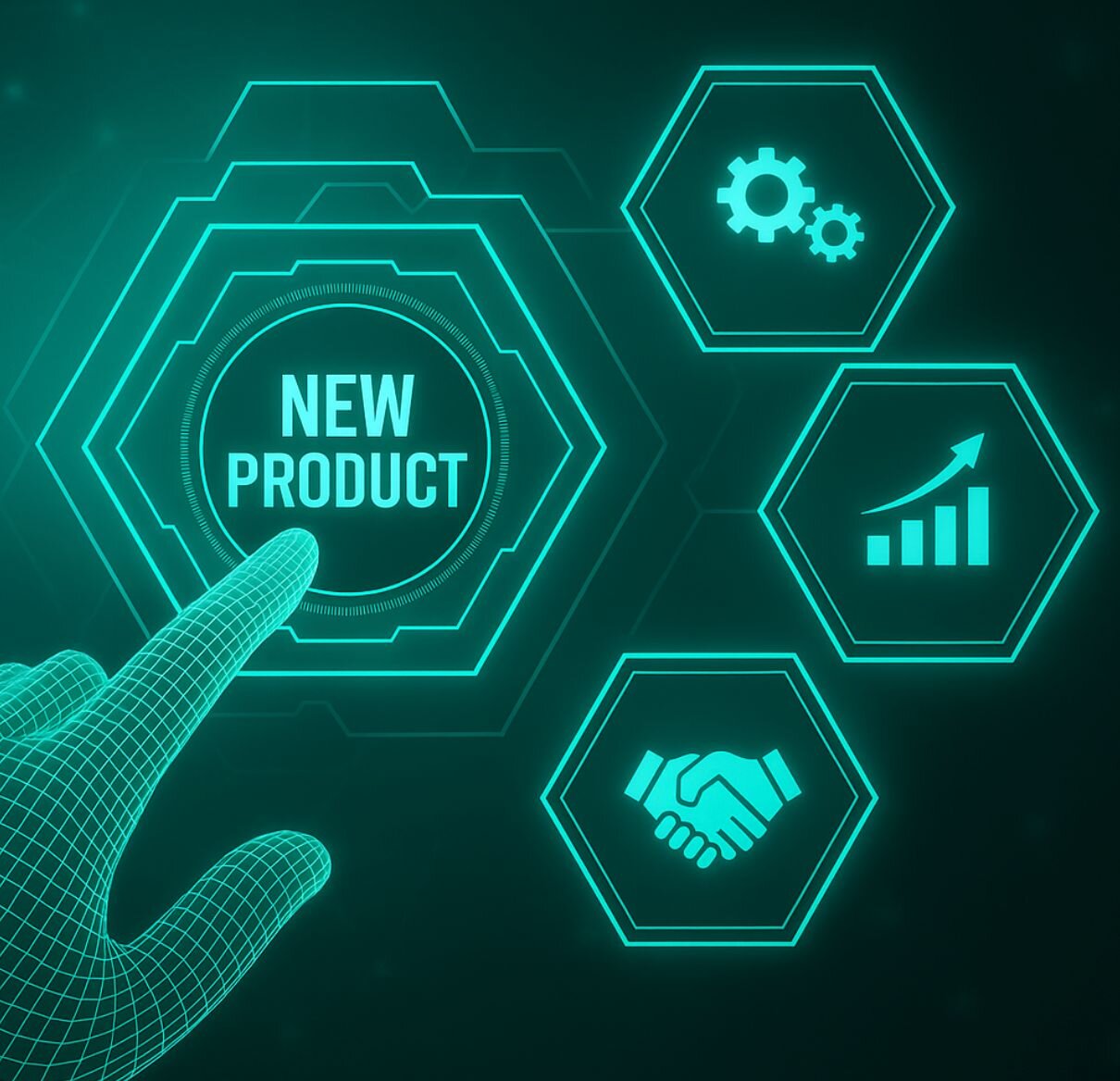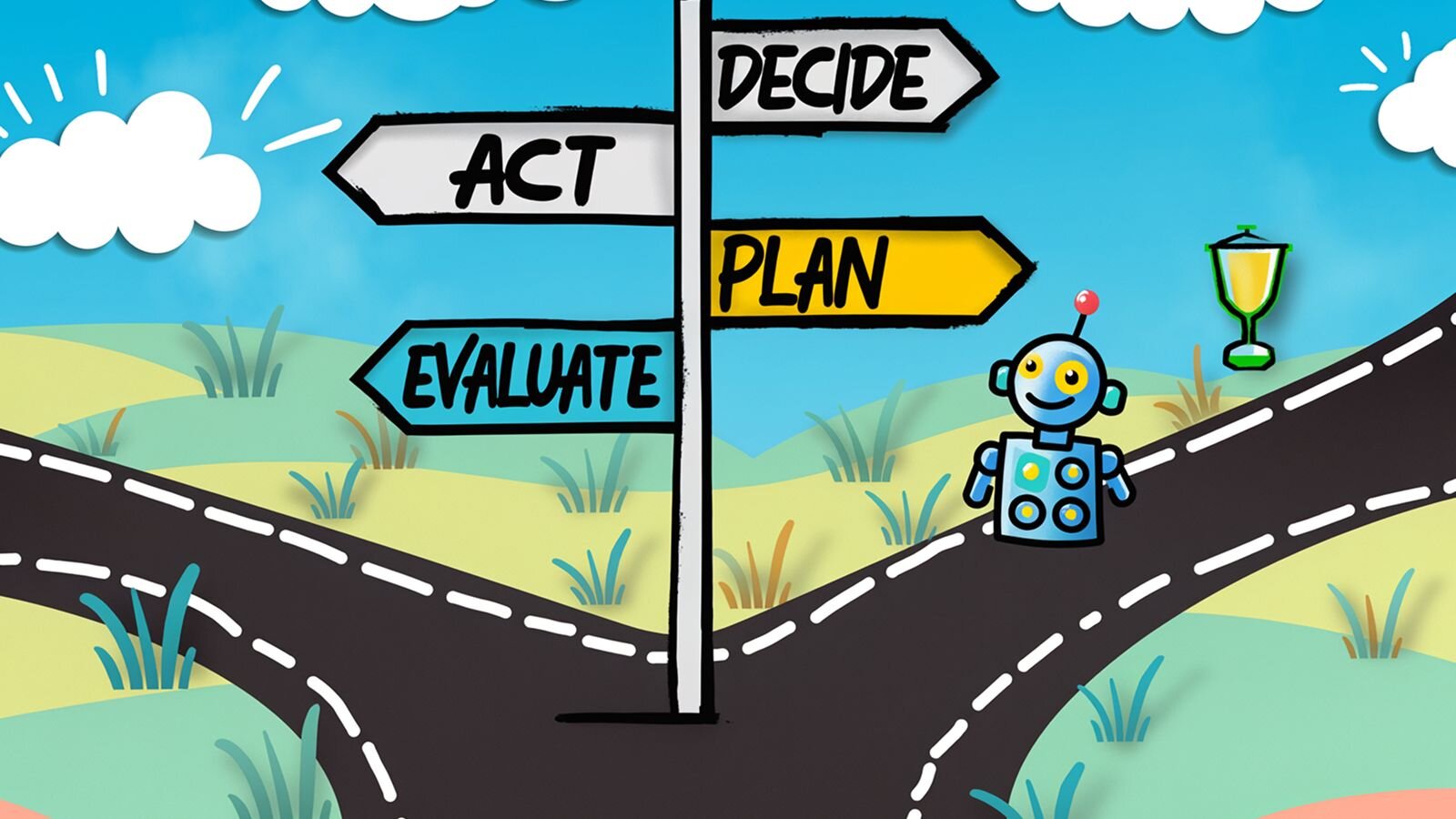There is a 1:8 (PM:SWE) ratio in every team on average across companies. Why do you want to become that One? This is the first question you need, or probably must ask yourself. I asked myself this question a year ago and now, I am an incoming Product Manager Intern at Walmart US for the summer 2023. Being a Software Engineer for 4+ years, started a career at IBM and then Walmart Global Tech India. I left my job as an awesome Software Engineer and am currently pursuing my Masters in Software Engineering in Silicon Valley. I would like to share my story with you to help you make better decisions of why you want to become a Product Manager and a secret bonus tip at the end.
First things first
Why did I gain interest in a product career? (You are going to see so many 'Why' questions as it’s the core heart of a product manager’s job)
- While I was in my undergrad, every day I used to discuss a startup idea with my friend (Sarath Neeli) and we discussed various dimensions, primarily focused on what problem we are solving for people.
- When I started my career at IBM and became a Software Engineer, I built highly-scalable products on cloud platforms, worked on creating beautiful apps and designed event-driven architectures. But wait, what is the value of this to users?
- I have been in 1000s of team meetings and conversations. I often observed that people tend to put their thoughts first instead of listening to the other’s perception and that got me thinking about how can I make my conversation more empathetic?
I am not going to say that I have always been passionate about Product Management. In fact, I don’t even know the term for it while I am already into product thinking. But I am passionate about solving problems and using technology to bring equality to the living conditions of people. That being said, enough of my motivational lines, let’s gear up for some honest answers. The following are the 3 aspects which helped me break into my first Product Manager job and I am going to share each of them with 2-dimensional perception (a and b).
Problem
- Do you understand the reality of what problems a Product Manager solves?
- What problem YOU can solve after becoming a Product Manager?
Answer 1.a: Before I decided to transition into product, the focus was to understand what problems the current product managers are solving and whether that is what I wanted in my daily workplace. I started following some of the internal product managers and tried to observe how they speak in meetings and run some of the production releases. This is the most common advice that many product managers would give you to do a shadow role to look from a closer view. While I should accept that this approach worked to an extent but I have to do these additional three things by going a step beyond.
- Network
- Network
- …Network
I spoke to 40+ product managers across all levels. Trust me, no one has the standard definition of this particular role because every product manager’s responsibilities vary from company to company.
Every day I spend 3 to 4 hours of my morning on LinkedIn to increase my network. I read posts of product managers and consume their knowledge. I have been surprised to see that many product managers are so generous to share their calendars to connect and mentor aspiring product managers. So I scheduled coffee chats with them for 15 min to actively listen to each and every word they share because that will help me decide if I was stepping in the right direction.
Answer 1.b: Following are the tasks you can do to find out your unique ability to solve problems:
- List out your skills, strengths, and achievements on a paper.
- Find keywords from the conversations you have with product managers and job descriptions.
- Map or Transform your existing skills into product-related qualities.
- Don’t forget to make a special underline of what you don’t have.
At the end of this activity, I can see what is the unique problems that product managers face, and what skills I need to improve on.
Value
- What is the value of your product?
- Can your technical expertise help you become a good product manager?
Answer 2.a: If every product is already doing great and customers are getting the value they are looking for, there won’t be any customer tickets. But that’s not the reality, customers' behavior or usage patterns are quite different from the Engineer’s mind who built the product.
This is where I started learning about “Customer” — I intentionally used a singular noun because I strongly believed that every customer is unique. For example, when I asked my friends an open-ended question about what they think of Apple, each of them gave different answers:
- I love iPads for my sketches.
- Nah! I’m an Android guy.
- I like oranges more than apples.
- Because of the Apple falling down, I have to learn about gravity!
The answers are different because the image of the term “Apple” has been different in their minds or the context of the answers can also depend on their mood etc.., So again, the value of a particular product you aim to build may not always be the same to your customers depending on their perception, situation, and many other variables.
Answer 2.b: As a Software Engineer, I have always had the freedom of innovation, implementing new ideas using various programming languages, and design patterns and also spent nights debugging production issues. So because of my 4+ years of technical experience do I become a good product manager automatically?
Absolutely NOT!
During my coffee chats with many product managers, when I told them about my engineering background, the first thing I often heard was:
“A product manager with technical expertise can become a great product manager or a terrible person in a team. It all depends on how you want your engineers to remember you.” — As a product manager, building a great product is not adequate, you have to build a long-lasting relation with maximum stakeholders and primarily with your engineers. Just imagine what I would have felt as an engineer if a product manager is trying to argue regarding an API decision. I would definitely have felt bad because that is my job being an engineer, I have to figure it out.
In a similar way, the value I provide to customers with my product is identifying where my technical knowledge is actually required and providing the engineers with the type of product manager that I always wished to work with as an Engineer.
Empathy
- Is this term overrated in the technology industry?
- Are you having healthy or empathetic conversations?
Answer 3.a: Definitely you might have heard this term used by many motivational speakers but just pause right here and think what does empathy mean to you? Have you shown enough to your peers in regular conversations? This is a human quality but often we forget about being grateful to others and how to lead conversations by understanding their feelings and perception. How many people respond to you on LinkedIn out of 20 requests you send? Ten? Five? It was always less than three in my case when I first started reaching out because I focused on what I would get from them.
Then I met a LinkedIn coach (Gabe Villanueva) who shared what it means to reach out to people with empathy because everyone is busy. That’s where I learned to appreciate people for their time and genuinely understand their career journey and surprisingly I got so many questions to discuss with them.
Answer 3.b: There is a big difference between healthy and empathetic conversations. In a healthy conversation, people don’t want to share what they actually feel, instead they try to bury their thoughts to have that name of healthy conversation and relations. Whereas empathetic conversations are different, it's a two-way conversation to make both parties empowered with their freedom of decisions and sharing disagreements to keep a transparent nature. Now you choose how your next conversation is going to be. I am fortunate to have had this conversation with my former manager (Thiyagarajan Balasubramanian) and he was the first person who identified my potential in product.
Bonus tip
Finally, I felt I am ready to explore this role with a summer internship as I could learn better. As part of my coffee chats with a Senior Product Manager at Walmart US who I worked with earlier, I expressed my interest and shared all of my work. One day the opportunity came up and he shared the opening from an internal team and I applied to it immediately. After a couple of interviews and assessments, there came the golden words that I have been selected as a Product Manager for Summer Internship 2023.
Breaking into product management has two dimensions—cracking interviews and the actual job are two ends of the sword. So far I shared more on why I decided to delve into product management. And that’s also the first question you get in every interview. Now, I am going to share the top resources that helped me land my internship. This can help you find your story and purpose for becoming a Product Manager.
Top Resources that helped me which you can have as Action Items:
- LinkedIn coffee chats with actual product managers
- Understand different product questions
- Mock Interviews again and again
- Be a self-critique and share the honest story for “Why do you want to become a product manager?”
The formula that worked for me may not help you but the point is to make sure your root decisions are strong such as Why, why, why? This means you are always curious to know why things work the way they are. This could be your first step in moving towards product management.








